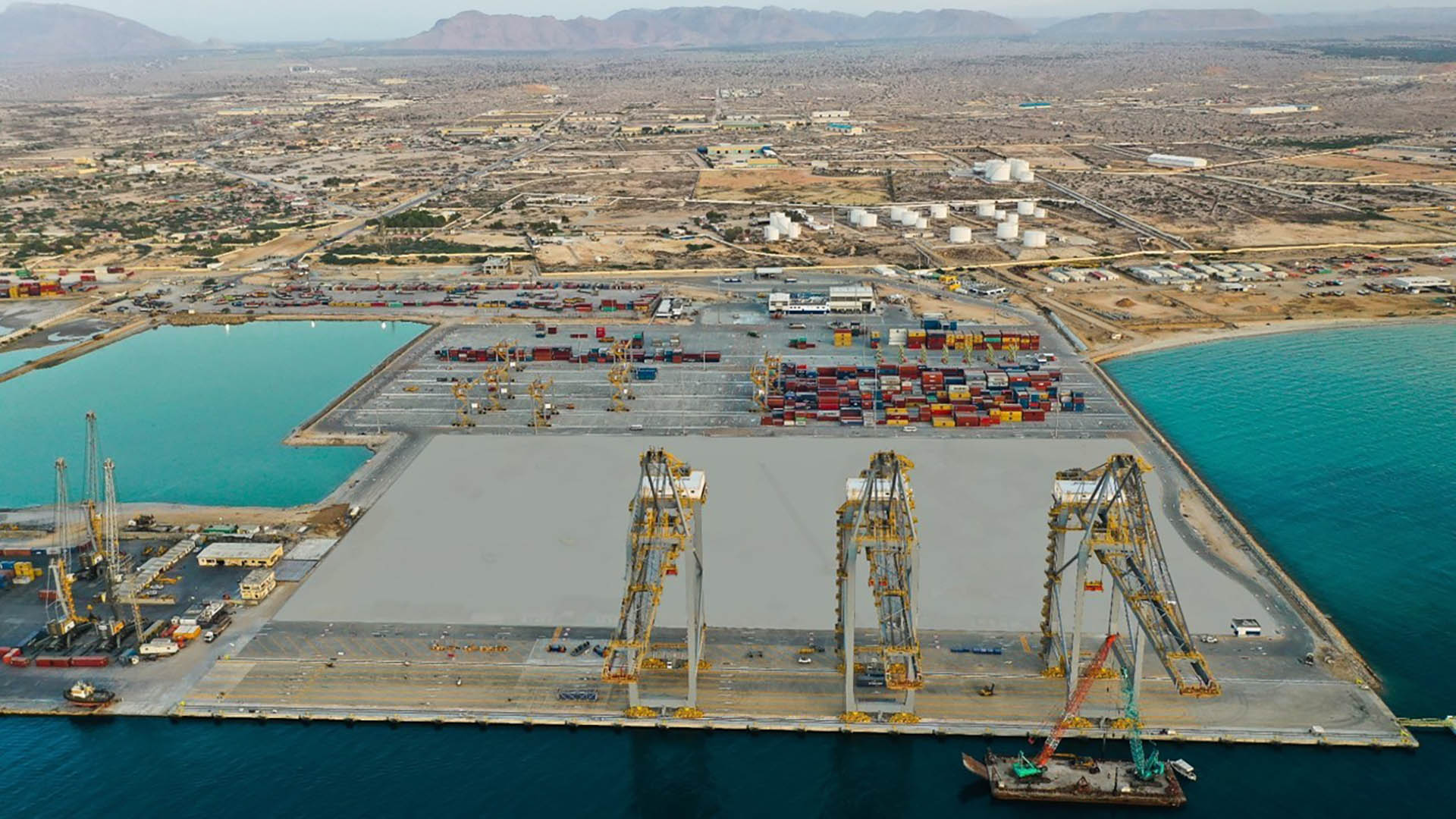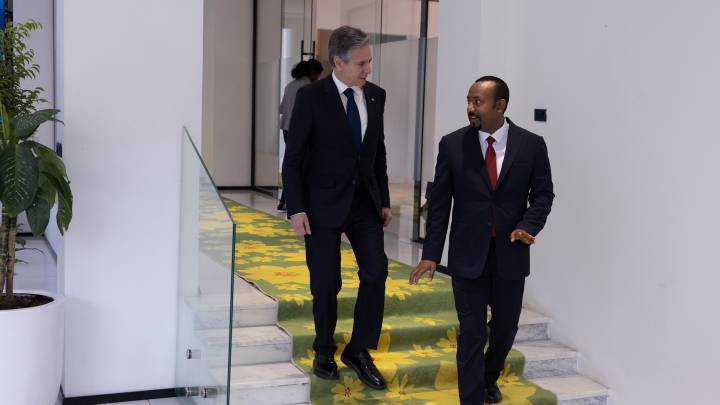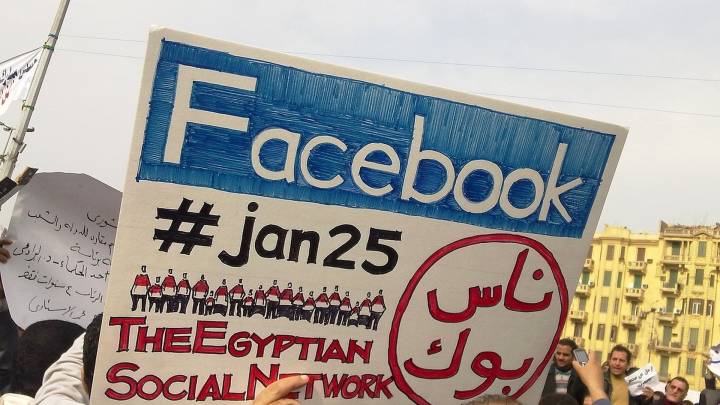A contentious treaty with Somaliland would generate desperately needed foreign currency for Ethiopia. It might also change security relations in the Horn of Africa. Abiy Ahmed is willing to set a dangerous precedent to make it happen.
After three decades, it seems like Somaliland’s ambitions may finally come to fruition. “Ethiopia will become the first nation to formally recognize Somaliland”, President Muse Bihi Abdi confirmed in a TV interview in late January. A memorandum of Understanding (MoU) between the two governments would grant Ethiopia a naval base on the Gulf of Aden coast, in exchange for recognizing Somaliland’s sovereignty. The two countries would also intensify their cooperation regarding the port of Berbera, through which Ethiopia seeks to export goods. The agreement comes at a contentious moment for the Red Sea region. “This did not happen overnight,” explains Abdirashid Ibrahim. But the Director-General of Somaliland’s Ministry of Trade and Tourism also acknowledges the role current geopolitical tensions play.
Somaliland has been a self-governing, de-facto autonomous state since 1991. But lacking international recognition, its territory is legally part of Somalia. It has a clear political interest in the deal and in the full recognition of sovereignty that Ethiopia promises. Ethiopia is the region’s largest nation and a key player within the African Union. Its decision to pursue an agreement is somewhat surprising though. Recognition of Somaliland would directly contradict the interests of Somalia’s central government in Mogadishu, a crucial ally in the fight against the al-Shabab jihadists.
These intricacies demonstrate how complicated the motivations behind Ethiopia’s move actually are. Domestic politics seem to play a major role. The war and ensuing humanitarian crisis in Tigray have caused famines and a deep recession throughout the country. The economic liberalization agenda pursued by Prime Minister Abiy Ahmed has stalled. Consequently, Ethiopia defaulted on its international bonds in mid-December, after failing to deliver on a 33 million USD coupon payment. The country’s foreign reserves have been depleted for years, complicating foreign trade relations.
The UAE started investing heavily in the port of Berbera, transforming it into a state-of-the-art container terminal
By way of a new export route, Berbera may offer a solution, by generating foreign exchange income. So far, 95 per cent of Ethiopia’s international trade is handled by the Port of Djibouti, which leverages its monopoly collecting high transit fees. Abiy Ahmed’s attempts at to threaten with military intervention have not swayed Djibouti’s leadership. Via Berbera, Ethiopia could diversify its international trade routes and reduce transit fees. It can count on support for this strategy from the United Arab Emirates, its most important economic ally. After Djibouti’s leadership nationalized its port, formerly run by Dubai’s DP World, the UAE started investing heavily in the port of Berbera, transforming it into a state-of-the-art container terminal.
The MoU between Ethiopia and Somaliland featured another key component: Ethiopia will get access for its military to the Gulf of Aden. In exchange for shares in Ethiopian Airlines – allowing cash-strapped Ethiopia to avoid hard-currency payments – it will sign a 50-year lease for land on which it intends to build a naval base.
This concession has caused discontent in Somaliland, despite the treaty’s diplomatic payoff. Somaliland’s society is organized along tribal-communal lines, meaning the government requires consensus from clan leadership who seem to have not been properly involved in the case of the Berbera lease. At least, that is the impression given by Somaliland’s former Minister of Defense Abiqani Mohamud Ateye, given his decision to resign from his post. He cites his community’s claim to the proposed construction site area as a reason. He also added: “Ethiopia remains our number one enemy”. Somaliland’s struggle for independence from Mogadishu has made its people weary of looming new dependencies.
In Tigray, Amhara, or Oromia the deal would certainly serve to legitimize ongoing armed insurgencies
Other disagreements persist. Somaliland insists on the immediate and complete political recognition of its sovereignty, while Ethiopia seems to be hedging its bets by announcing it would only explore the possible recognition of Somaliland in the future. The agreement has also led to saber-rattling in Mogadishu – even though President Hassan Sheikh Mohamud’s government does not have the capacity to follow through on any military threats.
Somalia’s position also is supported – at least formally – by the African Union, the EU, and the United States. Western states do not want to undermine the fight against the al-Shabab jihadists in Somalia. Though the threat perception has somewhat shifted over the last weeks. While the Houthi attacks in the Gulf of Aden captivate Western attention, there may be a window of opportunity for Ethiopia and Somaliland to press on with the deal. Somaliland has taken care to present itself as reliable partner on maritime security issues in the past. The threat of Houthi attacks could, for example, lead the EU to modify its anti-piracy mission Atalanta. A narrative of (in)security in the Gulf of Aden could support Ethiopia’s argument that it does indeed need a naval base in Berbera.
The current security situation in the region certainly presents Abiy Ahmed with the opportunity to act. But domestically, his gamble may prove to be risky. The recognition of a breakaway region would set a dangerous precedent for Ethiopia’s own ethno-political factions. In Tigray, Amhara, or Oromia the deal would certainly serve to legitimize ongoing armed insurgencies. It would also raise ambitions among Somalis, Ethiopia’s third-largest ethnic group. Abiy Ahmed’s efforts to strengthen Ethiopia on the regional stage may thus end up undermining his domestic power base.



